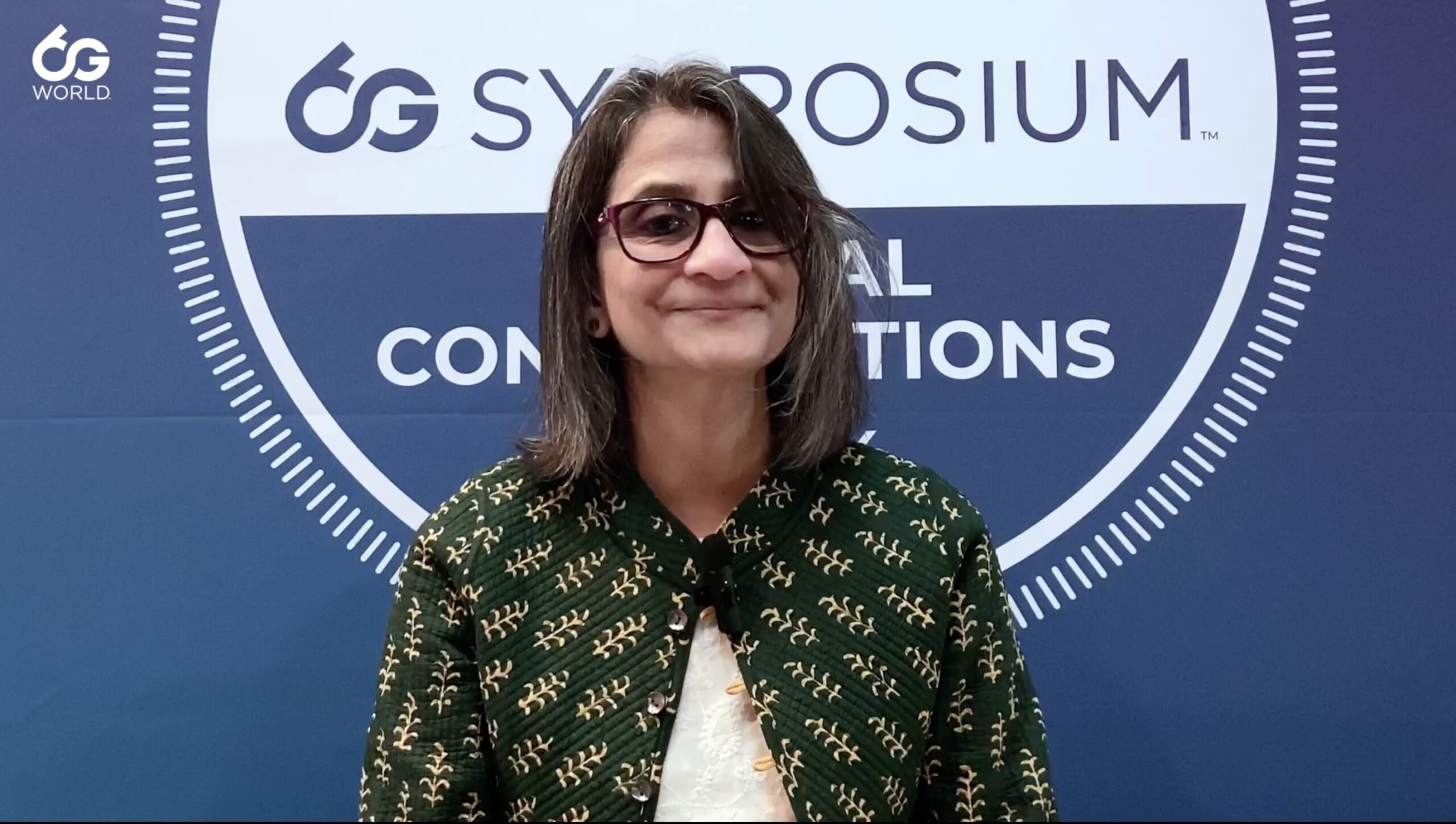During the last 6GSymposium Spring 2024, 6GWorld had the chance to catch up with Monisha Ghosh and ask her comments about 6G and spectrum. Ghosh is a professor in the Electrical Engineering.
- BY: Caio Castro
- Reading Time: < 1 minute
- Exclusives
The Ministry of Science and ICT of South Korea announced it will launch a preparation group for the next ITU’s World Radiocommunication Conference (WRC-27). According to the body, 6G will account for a big share of the group’s agenda.









